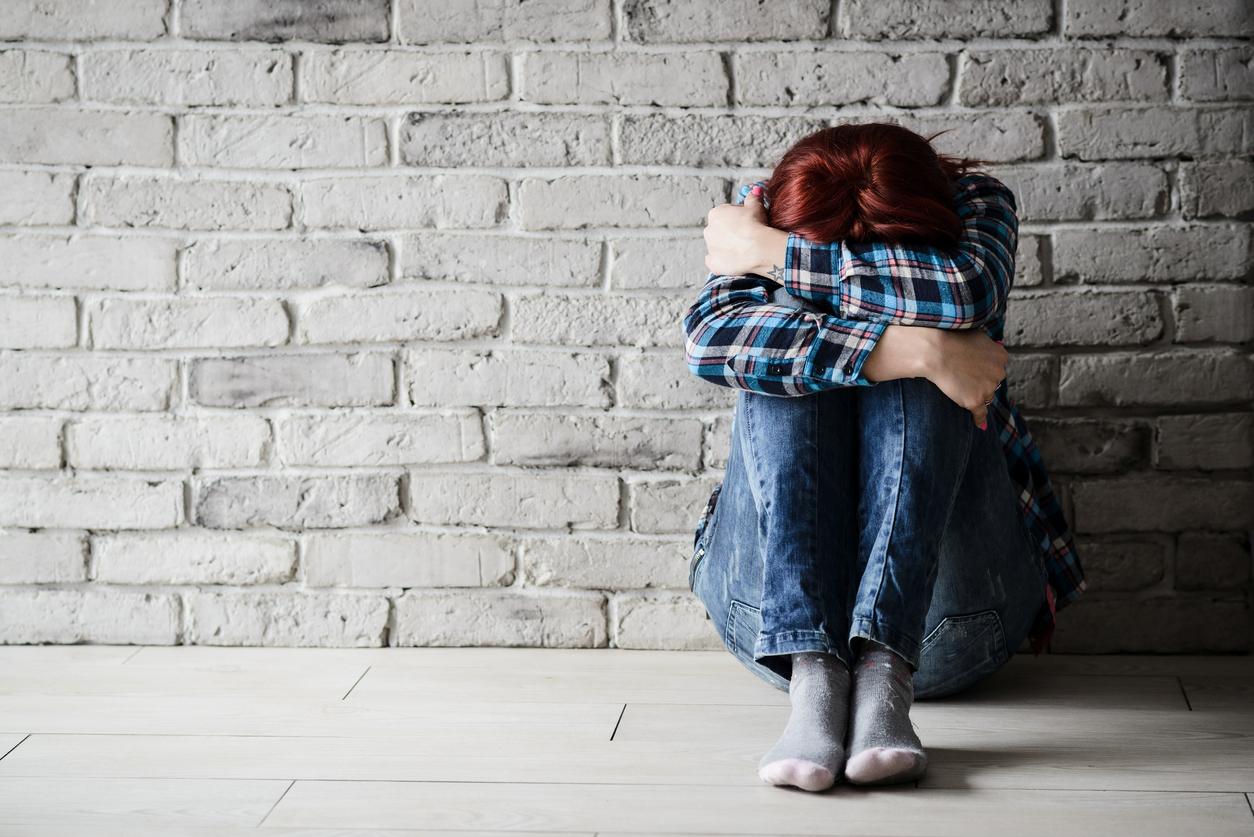Domestic abuse bill not enough to save ‘life-saving’ services, campaigners warn
‘Women and children have nowhere to go so they are staying with their perpetrators or becoming homeless and destitute’

The domestic abuse bill announced by the government does not do enough to tackle cuts to “life-saving” services which are pushing increasing numbers of domestic abuse victims into homelessness, campaigners have warned.
Boris Johnson’s first Queen’s Speech since becoming prime minister included a commitment to reintroducing the legislation, which was dropped because of his unlawful suspension of parliament last month.
The domestic abuse bill has been fiercely criticised by campaigners for not counteracting the cuts refuges for domestic abuse victims have endured in recent years.
Andrea Simon, of the End Violence Against Women Coalition, said: “The bill does not adequately provide for life-saving services for victims of domestic abuse. They need to give them much more money. In many cases, refuges are running on their reserves to keep open.
"It is not a sustainable situation. Falling to sustainably resource the sector puts the lives of women and children at risk. Women are being turned away from refuge services every day and this is putting them in very dangerous and precarious situations. Women and children have nowhere to go so they are staying with their perpetrators or becoming homeless and destitute – this is particularly for migrant women.
“We have seen a huge rise in homelessness for migrant victims of abuse. They can’t access housing benefits or refuge space and often can’t access private rental options because of immigration checks on private landlords. Specialist services for black and ethnic minority women have experienced the most cuts.”
She noted survivors of abuse and campaigners were promised legislation more than two years ago by a government which promised to “transform” the response to domestic abuse but concluded they had “under-delivered”.
Victims in need of a refuge are finding it harder than ever to find a free bed, with 60 per cent unable to find housing, most commonly due to lack of space. One in six refuges have closed since 2010 and local authority spending on refuges has been cut from £31.2m in 2010 to £23.9m in 2017.
Ms Simon also criticised the bill for failing to protect migrant women – explaining the government had proposed a review of migrant victims of domestic abuse to inform changes to the legislation in the wake of criticism.
She added: “However, this review has felt particularly rushed, has lacked transparency and limited engagement with specialist organisations that work with migrant women."
Gisela Valle, of the Latin American Women’s Rights Service, also hit out at the domestic abuse bill for excluding migrant women.
She said: “This legislation has been billed as a once-in-a-generation opportunity to address domestic abuse, but it ignores one of those most vulnerable groups. It is very worrying. We are calling for the government to change this.
"Migrant status is being used as a way of coercing and controlling women who are experiencing domestic abuse. It traps women in abusive situations for longer. Our research found migrant women stay for an average of five years before trying to access any kind of support.
“The abusers tell them if they report the abuse, they will be arrested, detained or deported. If you go to the police as a migrant woman, in some cases you actually get detained right then and there and then you could be deported depending on the situation. The police share information with the Home Office.”
Ms Valle said it was “paradoxical” that the bill is meant to be the instrument which ratifies the Istanbul Convention – a pan-European convention tackling violence against women – when it directly contravenes it.
The Istanbul Convention states women who experience violence should not be discriminated against on the basis of their immigration status.
David Cameron, the former prime minister, signed the convention in 2012 but it has still not been ratified – meaning it is currently in limbo and the UK is not legally bound to follow it. Britain is one of the last EU members – along with Bulgaria, Hungary and a handful of others – to ratify it.
Karla McLaren, of Amnesty International, said: “The bill will fail unless it ensures all survivors – regardless of immigration status – are offered safety and protection.”
Refuge, the largest provider of specialist domestic violence services in the UK, has argued the bill falls short in a number of areas.
The organisation has called for the legislation to overhaul the single payment structure of Universal Credit – arguing it “facilitates and exacerbates abuse by potentially handing over control of the household’s entire income overnight”.
The domestic abuse bill introduces the first ever statutory definition of domestic abuse to include economic abuse and controlling and manipulative behaviour that is not physical – as well as including measures which mean perpetrators will no longer be able to directly cross-examine victims in family courts.
The legislation introduces new Domestic Abuse Protection Notices and Domestic Abuse Protection Orders to further safeguard victims and also includes provisions to place a legal duty on councils to offer secure homes for those fleeing violence and their children.
A spokesperson for the Home Office said: “We are committed to ensuring that all victims of domestic abuse receive the support they need and the domestic abuse bill is a once in a generation opportunity to ensure that this is provided.
“The bill will include a new legal duty for local authorities to provide essential, life-saving support services in safe accommodation for survivors of domestic abuse and their children.
“We are also aware of the concerns around the support available to migrant victims of domestic abuse. In May, we hosted a roundtable to discuss this issue further and we are currently carrying out a review into the Government’s overall response to migrant victims of domestic abuse.”
Join our commenting forum
Join thought-provoking conversations, follow other Independent readers and see their replies
Comments
Bookmark popover
Removed from bookmarks